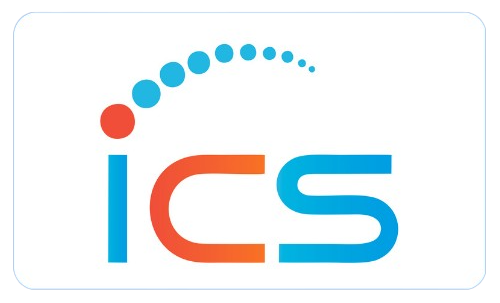Filing healthcare claims is a complicated and an ever-changing process, as innovation and regulatory requirements can sometimes seem daunting. Mastering claims processing is an on-going skill, but understanding the basics is the first step to accomplishing this world. Knowing the distinction between rejected and denied claims is one of the keys! One of the most significant roadblocks to healthcare reimbursement is insurance claim denials and rejections. In the billing sector, the phrases “claim rejection” and “claim denial” are frequently interchanged.
This misperception can result in expensive mistakes and have substantial impact on your revenue cycle overall. For timely cash flow, proper knowledge and administration of accounts receivable and process are required.
What is Claims Rejections?
Claims rejections are those claims that are rejected by insurance companies because they do not fulfil particular data standards or basic formatting guidelines established by the Centers for Medicare and Medicaid Services.
The insurance companies are unable to process these rejected medical claims since they were never received and recorded into their systems. The claims cannot be processed if the payer has not received them. Once the inaccuracies have been addressed, the claim can be resubmitted. These mistakes can be as basic as a misplaced digit in the patient’s insurance ID number, and they are usually easy to fix.
What is A Denied Claim?
Medical claims that have been accepted and processed by the payer but have been categorised as unpayable are known as denied claims. These “unpayable” claims usually have an error or a lack of previous authorization that was discovered post the processing of the claim. Missing information, non-covered services per plan, and even procedures that are not medically essential, are some of the reasons for denials. Although it may appear that resubmitting the claim for a second review is simple, a denied claim cannot be resubmitted. It’s important to figure out the reason why the claim was initially denied.
Denied claims can usually be rectified, appealed, and returned to the payer for processing. To get to the root of the problem, however, this method can be time-consuming, costly, and resource-intensive. If a denied claim is refiled without an appeal or reconsideration request, it will almost certainly be taken as a duplicate claim and denied again. If this occurs, the claim will go underpaid, which can have a significant impact on a provider’s practice, especially if it is a reoccurring problem. When resubmitting denied claims, time is also a consideration. Each payer gives you a specific duration to submit a corrected claim. If the deadline is not reached, the payer may refuse the claim for failure to file on time. As a result, there is an outstanding claim that becomes the responsibility of the supplier.
The purpose of the medical biller is to ensure that the provider is paid for their services. Human and electronic faults are, unfortunately, unavoidable. Because medical billing involves both health and money, it’s critical to eliminate as these mistakes as soon as possible. When an insurance provider denies a claim, a record of the denial is kept in their system. If they reject a claim, they do not maintain a record of it in their system.
Do you get stressed out by the burden of claim follow-up and accounts receivable management? It’s a lot easier to navigate the medical billing procedure when you know the difference between rejection and denial. Let the professionals at Info Hub Consultancy Services (ICS), an offshore medical billing company, to aid you with your billing needs. On a daily basis, our knowledgeable staff follows best practice payer-specific policies and protocols to assure that your claims are neither rejected nor denied, and that they are paid appropriately and on time.



























